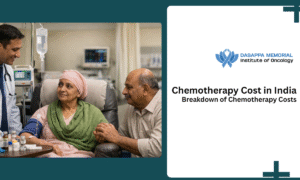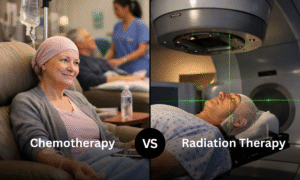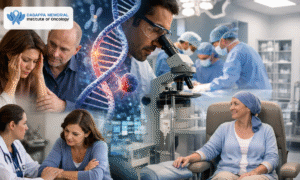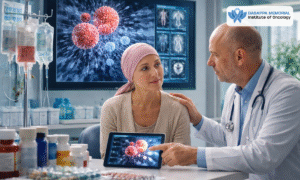Early signs of gastric cancer can be very subtle, which is why many people mistake them for common digestive problems like acidity or indigestion. Unfortunately, this delay in diagnosis allows the disease to progress silently.
When people hear the term gastric cancer, they often think it happens only in old age or to those with a family history. But in reality, anyone can develop it, and early detection makes a huge difference in treatment outcomes.
At our Cancer Hospital in Bangalore, we have seen cases where patients ignored mild stomach discomfort for months before seeking help. By then, the disease had advanced.
In this blog, we will help you understand the signs of gastric cancer and symptoms, the causes of gastric cancer, the stages, and the treatment options. And as you read on, you will discover a few “red flag” symptoms you should never ignore.
Causes of Gastric Cancer
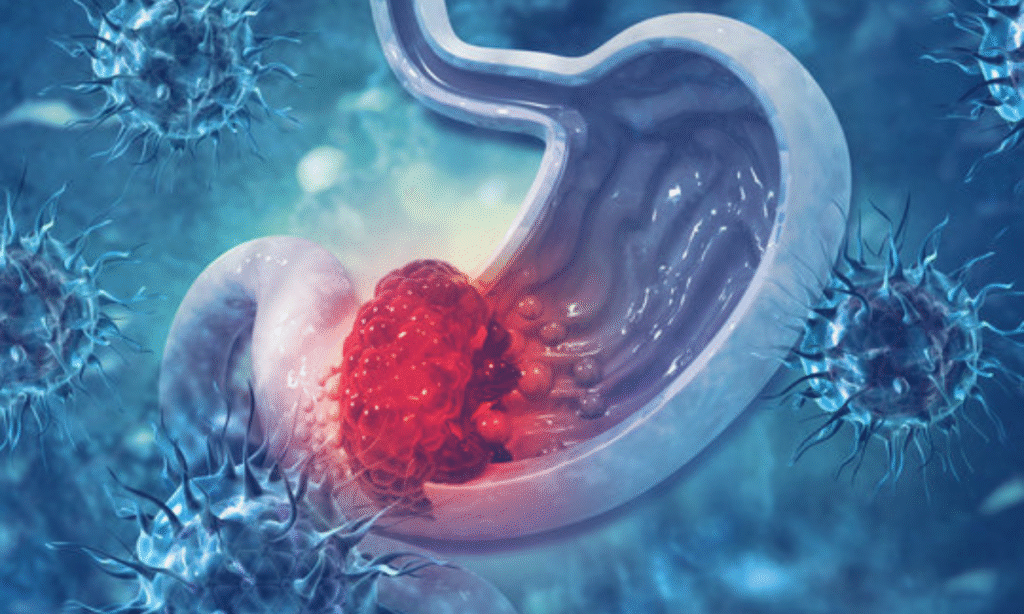
The exact cause isn’t always clear, but several risk factors increase the chances of developing gastric cancer:
- Helicobacter pylori infection
- Family history of gastric cancer
- Diets high in smoked, salted, or pickled foods
- Smoking and alcohol consumption
- Chronic gastritis or stomach ulcers
- Obesity and poor lifestyle habits
Tip: A balanced diet with fresh fruits and vegetables and reduced intake of processed foods can lower your risk significantly.
Signs of Gastric Cancer and Symptoms
The symptoms often overlap with other gastrointestinal problems, making them easy to miss. Here’s a comparison table:
| Common Symptom | Why It Happens |
|---|---|
| Persistent indigestion | Stomach lining irritation by cancer cells |
| Feeling full after small meals | Reduced stomach capacity |
| Unexplained weight loss | The body uses extra energy to fight abnormal cells |
| Nausea and vomiting | Stomach obstruction or irritation |
| Blood in stool or vomit | Ulceration caused by a tumor |
| Constant fatigue | Anemia from internal bleeding |
Stages of Gastric Cancer
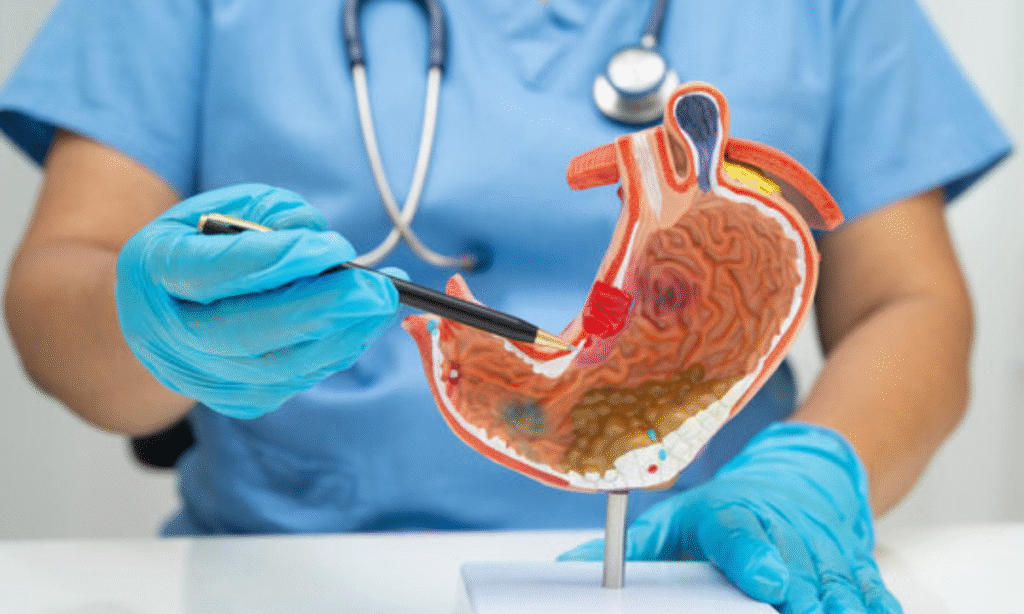
Like other cancers, stomach cancer progresses in stages:
- Stage 1 – Cancer is limited to the stomach lining.
- Stage 2 – Tumor spreads deeper into the muscle layers.
- Stage 3 – Cancer reaches nearby lymph nodes.
- Stage 4 – Advanced spread to other organs like the liver or lungs.
Example: A patient with mild nausea at Stage 1 has far better treatment outcomes than someone at Stage 3 with severe pain and weight loss.
Gastric Cancer Treatment
Treatment depends on the stage, health condition, and type of tumor. Options include:
- Surgery: removing part or all of the stomach.
- Chemotherapy: drugs that target cancer cells.
- Radiation therapy: shrinking or destroying tumors with targeted rays.
- Immunotherapy: using the body’s defense system to fight cancer.
- Targeted therapy: medicines designed for specific cancer cells.
Patients looking for Gastrointestinal Cancer Treatment in Bangalore now have access to advanced therapies that improve survival rates and reduce side effects.
At our Cancer Hospital in Bangalore, we combine modern technology with personalized care to ensure the best outcomes for patients.
Living with Gastric Cancer
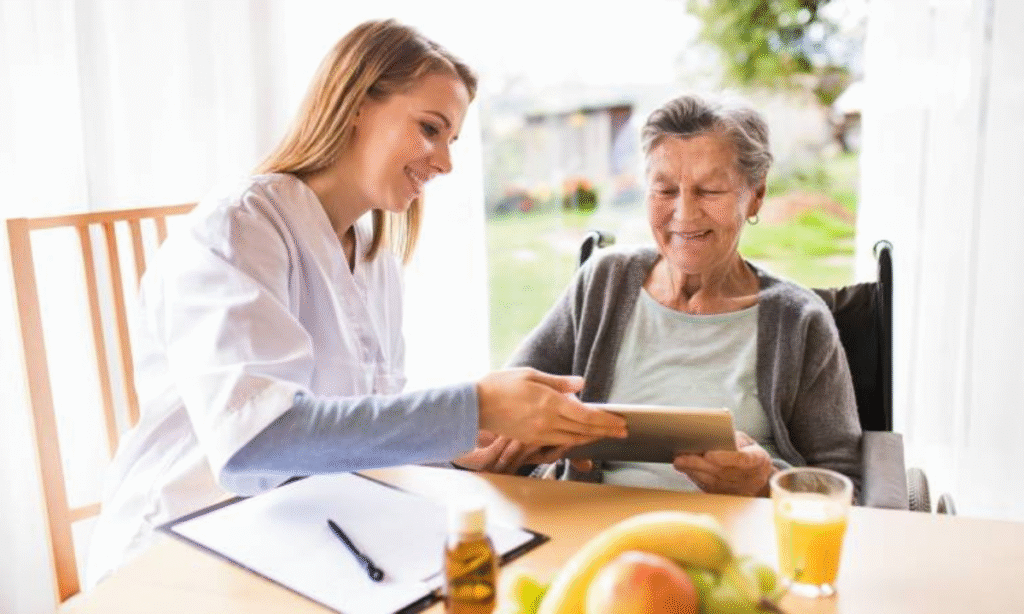
After treatment, lifestyle changes make recovery smoother:
- Eat small, frequent meals instead of large portions.
- Stay physically active with light exercises like walking.
- Go for regular follow-up scans and check-ups.
- Join support groups to manage emotional challenges.
Wrapping Up
Understanding the early signs of gastric cancer can truly save lives. From recognizing mild digestive issues to spotting advanced red flags, awareness ensures patients get timely treatment.
If you or a loved one needs trusted care, visit our Cancer Hospital in Bangalore, where we provide expert diagnosis and advanced therapies tailored for each patient. At Dasappa Cancer Hospital, we believe knowledge is the first step towards healing, and with the right care, there is always hope.
FAQs on Gastric Cancer
1. What are the first symptoms of gastric cancer?
Mild indigestion, bloating, early fullness, and occasional nausea are often the first signs. These are easy to overlook but can indicate the earliest stage of gastric cancer.
2. What are the warning signs of stomach cancer?
Warning signs include unexplained weight loss, vomiting blood, black stools, fatigue, and severe stomach pain. These “red flag” symptoms need immediate medical attention for timely diagnosis.
3. How to detect early gastric cancer?
Endoscopy and biopsy are the most reliable methods to detect gastric cancer early. Regular screening for high-risk individuals helps in identifying cancer at treatable stages.
4. What is the red flag for stomach cancer?
The biggest red flag is vomiting blood or finding blood in the stools. When combined with weight loss or persistent pain, it usually indicates advanced disease needing urgent care.
5. Is gastric cancer curable if found early?
Yes. When diagnosed in Stage 1 or 2, surgical removal and targeted treatment can offer very high survival chances, allowing patients to live normal and healthy lives.


